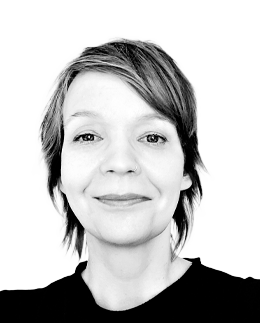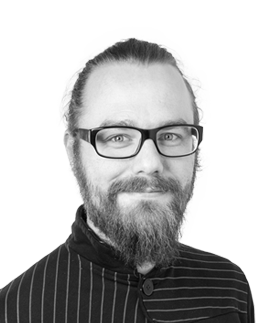Higher education and academic lifelong learning are becoming increasingly important in the context of parallel societal transformation processes ("3D") in the field of demography (aging society, migration society), digitalization and decarbonization (ecological transformation) of the economy and society. At the same time, the field of higher education has changed significantly in recent years: for example, due to the expansion of the demand side for student places, the opening of higher education institutions for vocationally qualified persons, the establishment of private universities of applied sciences, the increasing modularization of degree programs and the introduction of continuing education certificates, the Bolognia reform, and the Excellence Initiative. These changes affect higher education on different levels and require an ongoing research and development effort. The project addresses these research needs and deals with higher education-related survey content for the National Educational Panel Study (NEPS), as well as with the analysis of NEPS data in the area of higher and further education studies. In cooperation with LifBi, the DZHW has created an important data basis for researching the study paths and career transitions of university graduates with the data of the NEPS starting cohort 5. The DZHW also provides university-related content for the surveys of starting cohort 4 (from grade 9). In the future, the cooperation between DZHW and LIfBi will increasingly focus on the NEPS starting cohort 6, which accompanies adults in Germany through their educational and professional careers. In this context, the enrichment of the NEPS data with higher education-related context data will be advanced and the role of higher education offers in the context of lifelong learning will be increasingly focused on. Guiding research questions include: To what extent do the transformation processes described above lead to a change in demand for higher education or continuing education? What social inequalities in access to these offerings can be observed and how can they be explained? What contribution do higher education and continuing education programs make to the successful shaping of individual careers and what monetary and non-monetary returns are associated with them?
National Educational Panel Study (NEPS) - Higher Education and Lifelong Learning (2023 - 2027)
Start of the project: 2023-Jan-01 - End of the project: 2027-Dec-31
Contact persons

Prof. Dr. Sandra Buchholz
+49 511 450670-176

Dr. Michael Grüttner
+49 511 450670-116
In cooperation with

